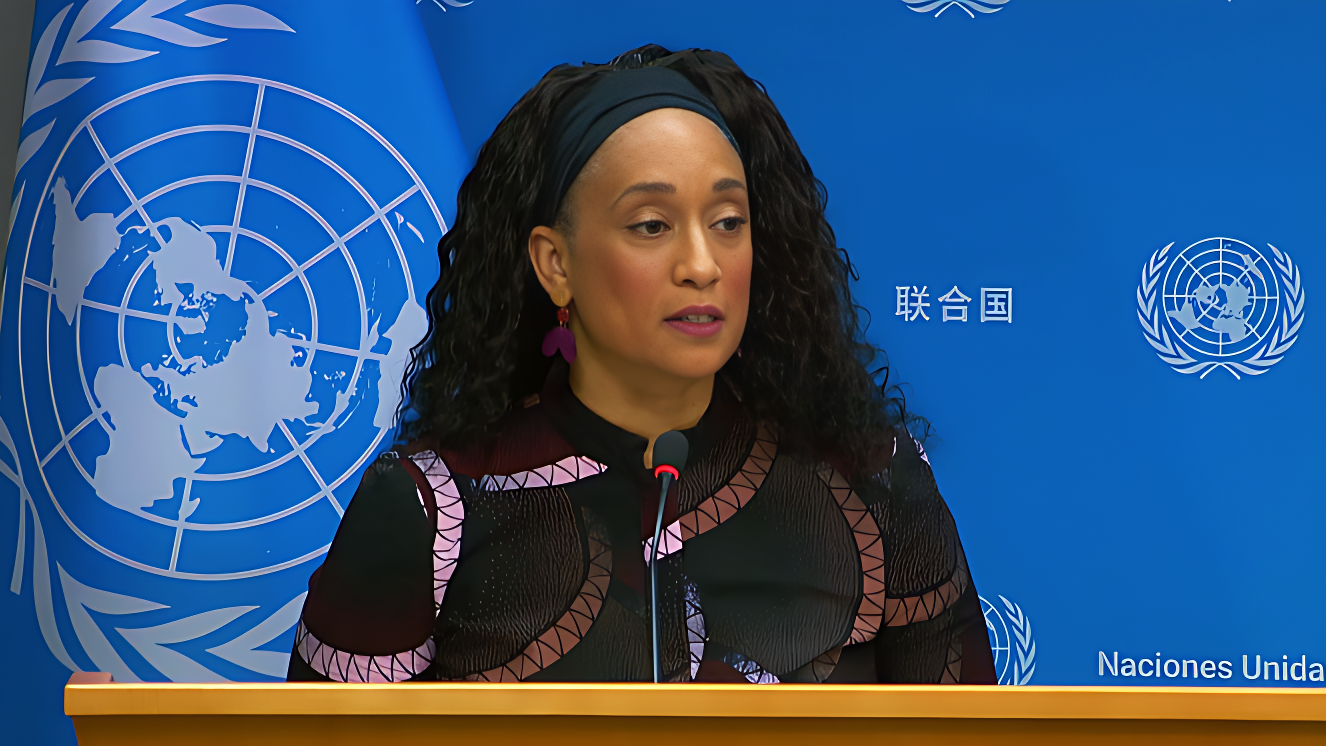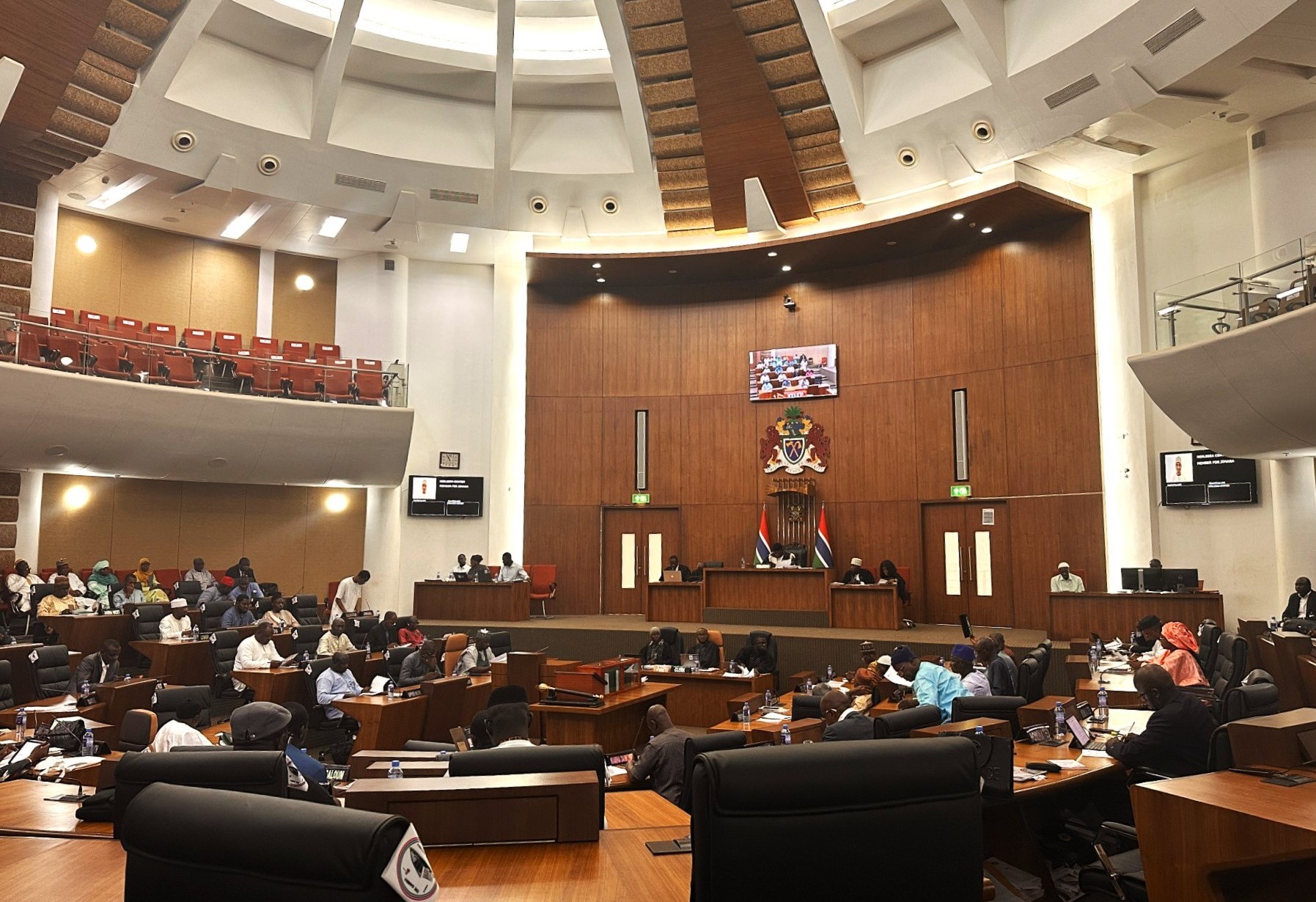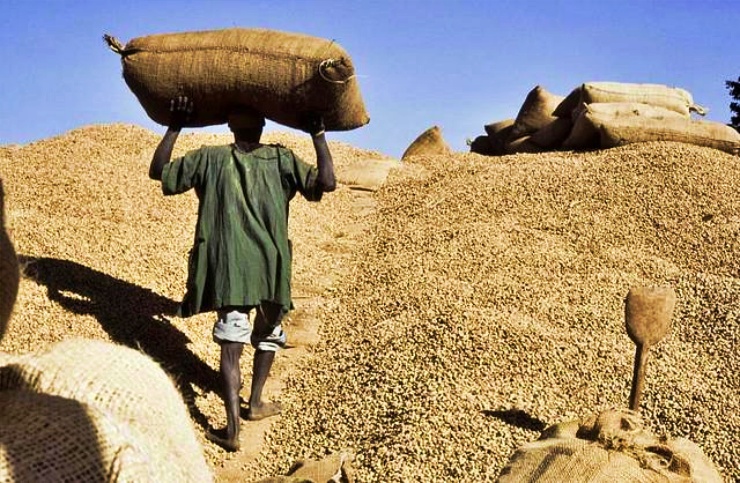Gambiaj.com – (Dakar, Senegal) – The Senegalese government has announced a temporary authorization for the export of peanut seeds, easing a ban that had been in place since October 2024. The decision, revealed by the Ministry of Agriculture, follows a successful collection campaign that officials say has ensured sufficient supply for both oil mills and seed reserves.
The export ban will be lifted from March 25 to June 15, 2025, but with key restrictions: seeds specifically designated for planting will remain prohibited from export. Additionally, the government has set strict conditions to regulate the trade, ensuring market stability and compliance with national agricultural policies.
The groundnuts campaign trade began very slowly with the 2024-2025 peanut marketing campaign, officially launched on December 5 across Senegal, failing to meet the expectations of producers and key stakeholders. The consequences were particularly felt in the Kaolack region—long regarded as the country’s peanut basin, according to a field investigation report by the Senegalese official government’s news agency, Agence de Presse Sénégalaise, (APS).
Sidy Bâ, Secretary General of the Peanut Producers’ Consultation Framework (CCPA), recalled that last year, the Directorate of Analysis, Forecasting, and Agricultural Statistics (DAPSA) estimated peanut production at 1.5 million tonnes. This year, however, production is projected to be between 700,000 and 800,000 tonnes—a drastic decline that threatens farmers’ incomes.
The initial export ban, imposed on October 29, 2024 (Circular No. 01548), aimed to stabilize the 2024-2025 agricultural campaign by securing local industry needs, particularly benefiting SONACOS (National Society for the Marketing of Oilseeds in Senegal). Officials now argue that the objectives of the restriction have been met, warranting a cautious reopening of the export market.
With the targets now met by the government, all exports as a result of lifting the ban, must adhere to quality standards set by the Directorate of Plant Protection and operate within the official regulatory framework.
Exporters are required to respect a government-imposed minimum price and ensure that foreign currency revenues from sales are repatriated in accordance with financial regulations. Moreover, each shipment must be accompanied by a phytosanitary certificate before leaving the country.
By enforcing strict oversight on resumed exports, the government aims to balance the interests of peanut producers, local processing industries, and exporters while maintaining the long-term stability of Senegal’s peanut sector.










